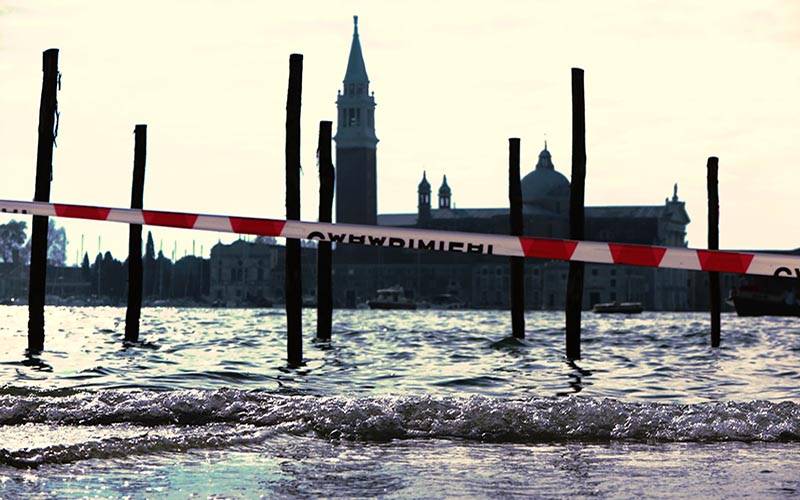In collaboration with the UCL Institute for Risk and Disaster Reduction, UCL Urban Laboratory are exploring 'Emergency' as an annual theme for the 2020-21 academic year.

Since the start of 2020 the UK and the world have been engulfed by the COVID-19 pandemic, which has led to the sudden imposition of substantial emergency measures across the globe. These measures have been designed to control and restrict movement of populations across urban and rural areas, and will fundamentally alter our interactions as an academic community on and off campus during the coming year.
But this is not the only global emergency in recent times to have particular implications for urbanism, generating far-reaching interventions in the ways that cities and towns are being governed, designed and managed. For years, cities in the UK and abroad have been thrown into crisis management mode as a result of floods, fires, and other hazards. Many cities around the world have taken the lead on declaring their commitment to measures designed to address human-caused climate change, alongside various forms of disaster, famine, impoverishment, environmental devastation, and racism and other forms of social marginalization and exclusion. These phenomena, closely interconnected with war, terrorism, and political conflict, have stimulated large-scale movements of displaced peoples, mass public demonstrations and violence, and a variety of further emergency management responses, resulting in the implementation of significant measures in the surveillance and control of urban space.
Policing and other urban emergency services have themselves become the focus of emergency orders to facilitate intervention and control in the context of mass protests and other scenarios of urban crisis management. Such interventions, and abuses of power, have heightened debates in the public domain about citizens’ rights, racial inequities, and government authority.
The aim of this year’s annual theme then is to explore the characteristics and consequences of ‘emergency urbanism’ in its different forms, and in relation to the underlying structural causes of planetary and other emergencies. When does a momentary crisis become an emergency, and what happens next? We will examine the implications of such emergencies - both in the suspension of existing consensual processes and the imposition of new constraints - and in the opportunities it offers for new ways of mobilising, operating, and innovating in the field of urban governance, design, representation, equality, and infrastructure.
Working in collaboration with the UCL Institute for Risk and Disaster Reduction, we will host a series of online/hybrid format talks, workshops, and activities throughout the year addressing this theme, and run a small grants scheme for project proposals from both students and staff. We look forward to engaging widely and creatively across the college and co-creating a platform for critical insights into the phenomenon of ‘emergency urbanism’ in all its variants, which reflects the vast range of experience across and beyond the UCL community as we grapple with the challenges posed by the previous and upcoming academic year.
 Close
Close


